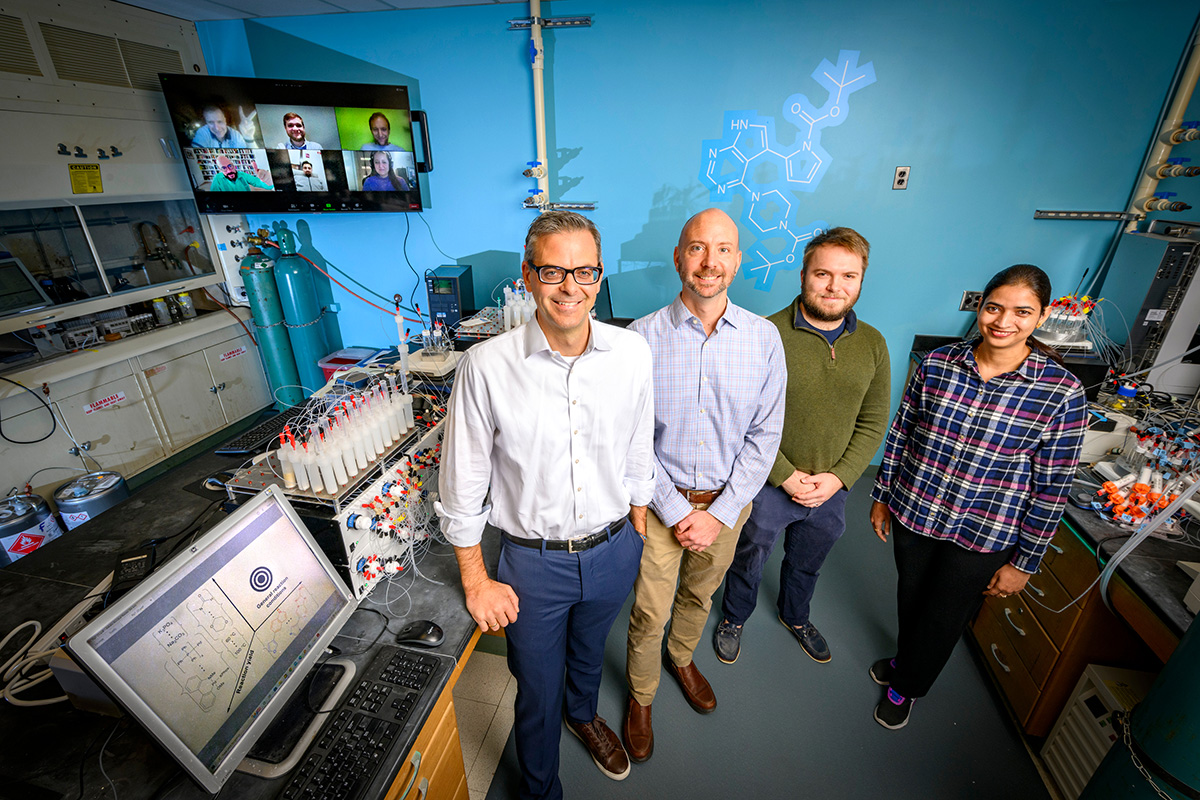Chemists typically discover reactions using a small set of relatively similar starting compounds. The conditions that work best for those compounds then get applied to numerous other, often dissimilar, compounds even if alternate conditions might improve outcomes. Angello et al. developed an iterative protocol of machine learning and automated synthesis to improve the baseline conditions for the venerable Suzuki-Miyaura carbon–carbon coupling reaction. Because this method sampled a broad region of chemical space and considered negative results that are rarely tracked in conventional studies, a substantial improvement in average yield was obtained.
Check out the article and the University of Illinois news release.
